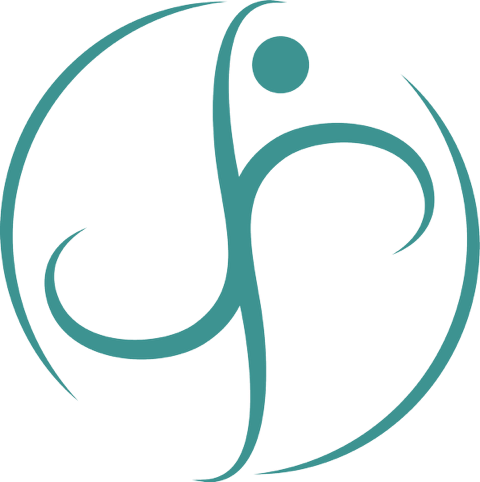
What is Sensorimotor Psychotherapy?
Transforming trauma through
the wisdom of the body
Sensorimotor Psychotherapy
Sensorimotor Psychotherapy (SP) is an integrative, body-centered therapeutic approach designed to address the neurobiological and somatic effects of trauma. Developed by Dr. Pat Ogden, SP bridges mindfulness, somatic awareness, attachment theory, and neuroscience to help clients process and resolve trauma that is stored in the body.
By incorporating movement, posture, and embodied experience, SP facilitates deep healing beyond traditional talk therapy.
Rather than relying solely on talking about past experiences, SP works with the present-moment expressions of trauma such as posture, movement, tension, and sensation as well as emotional and cognitive patterns. This integrative approach supports clients to access and process implicit memories and survival responses safely and effectively.
By gently exploring these body-based patterns, SP helps clients regulate their nervous system, shift limiting beliefs, and reconnect with their strengths. It balances resourcing and safety with enough challenge to support meaningful growth, integration, and lasting change.
Dr. Pat Ogden, Founder of Sensorimotor Psychotherapy
In the early 1970s, while working as a technician and yoga/dance teacher at a short-term psychiatric hospital, Pat Ogden became interested in the correlation between her clients’ disconnection from their bodies, their physical patterns and their psychological issues.
Before the Diagnosis of Post-Traumatic Stress Disorder was included in the Diagnostic and Statistical Manual of Mental Disorders (DSM), Dr. Ogden recognized first-hand the way in which many of her patients were at the mercy of reliving the past, and that current treatment methods only seemed to trigger traumatic reminders.
Recognizing the link between the body and psychological issues, she began to form the foundations of Sensorimotor Psychotherapy® by joining somatic therapy and psychotherapy into a comprehensive method for healing this disconnection between body and mind. In 1981, after co-founding the Hakomi Institute, pioneered by Ron Kurtz, Dr. Ogden founded her own school, a branch of the Hakomi Institute, which is known today as the Sensorimotor Psychotherapy Institute (SPI).
In therapy, our goal is not to retell the trauma story, but to help the body complete what it couldn’t during the traumatic event ~ Pat Ogden
Principles of
Sensorimotor Psychotherapy
The principles of Sensorimotor Psychotherapy are at the heart of what makes this approach so transformative. They offer more than a set of techniques, they reflect a way of being with clients that is grounded, respectful, and attuned.
These principles guide therapists to work with the body as an essential part of the healing process, to stay present and responsive in each moment, and to honour the client’s pace, story, and innate wisdom. For those training in SP, these principles become a foundation not just for clinical skill, but for building a therapeutic presence that is deeply human, relational, and trauma-informed.
Organicity
Organicity refers to the internal wisdom of all living systems. Thus, the therapist does not “heal” the client; rather the healing power and intelligence is within and each person has their our own unique, mysterious and emergent growth path.
Unity
We exist within a complex organic system of interdependent parts. Unity acknowledges that we are all connected, and that we have individual and group differences. Although unity is ever-present, it is recognized and experienced more fully through communication.
Mind/Body/Spirit Holism
Mind, body and spirit are intimately related, essential aspects of each of us. We keep the whole person in mind, and consider mind body and spirit in context and relationship, rather than work with these elements in isolation.
Non Violence
Our work is not forceful. We believe that people do not need to be “fixed” or changed. We avoid criticizing, judging, or pathologizing, and we encourage curiosity, and follow the natural organicity to promote change.
Mindfulness
We encourage awareness of present moment internal experience both ours and our clients’as well as the impact we have on others, and others on us, We strive to be in deep resonance with our clients, cultivating a state of presence that is conducive to intuition and inspiration.
Relational Alchemy
We recognize that each relationship has a unique nature that spawns something bigger than its parts. We honor deep, authentic connection as well as interpersonal challenges that are avenues of personal growth, accepting the imperfection of the human condition









